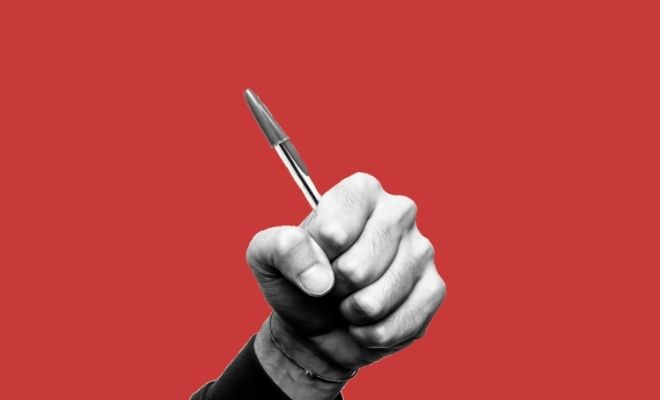Poor citizens in Brazil have had less access to justice during the Covid-19 pandemic, according to research from the Bureaucracy Studies Center of think tank Fundação Getulio Vargas. The study tabulated the perceptions of 530 public defenders between June and July, with 92 percent affirming that poorer populations are being put at a disadvantage.
Public defenders play a central role in ensuring that millions of Brazilians have access to a myriad of rights — such as alimony payments, habeas corpus requests, and access to government-issued benefits. In pandemic times, this role gained new importance, as a significant portion of the Brazilian society lost most — or all — of its revenue.
Eighty percent of public defenders say their work helps mitigate the effects of the pandemic on the lives of their clients. However, 47 percent believe they are unable to perform their duties in a satisfactory manner. “That generates a sentiment of impotence and frustration — taking a big toll on defenders’ mental health,” says Giordano Magri, one of the study’s coordinators.
- You should also read: Institute creates ‘mental health map,’ offers free services
- What will Brazilian society look like after the pandemic?
 Support this coverage →
Support this coverage →

 Search
Search






































